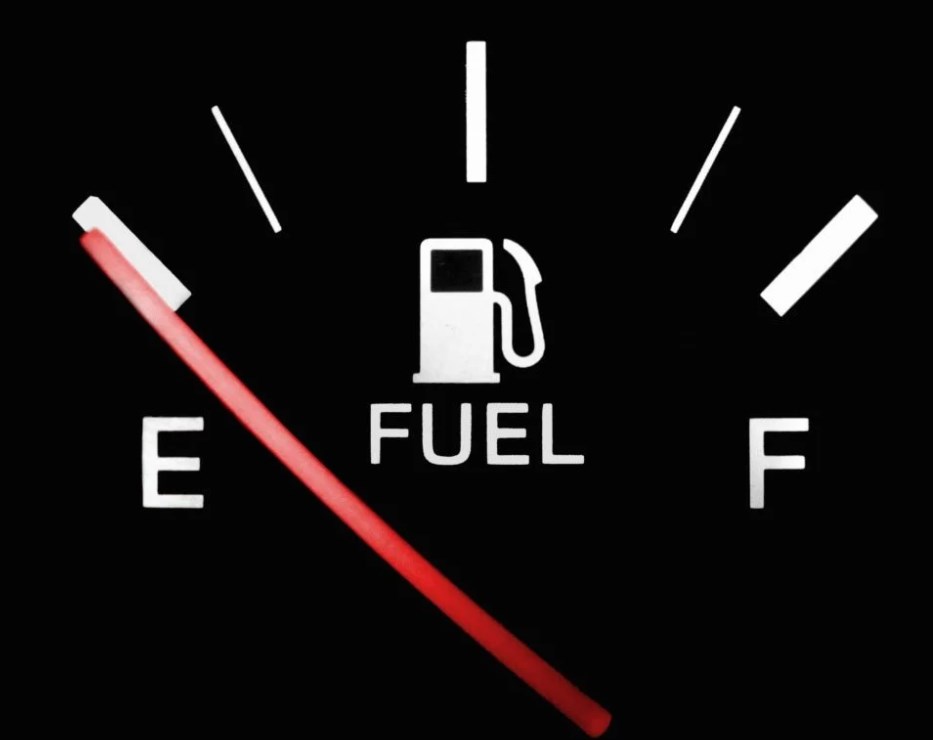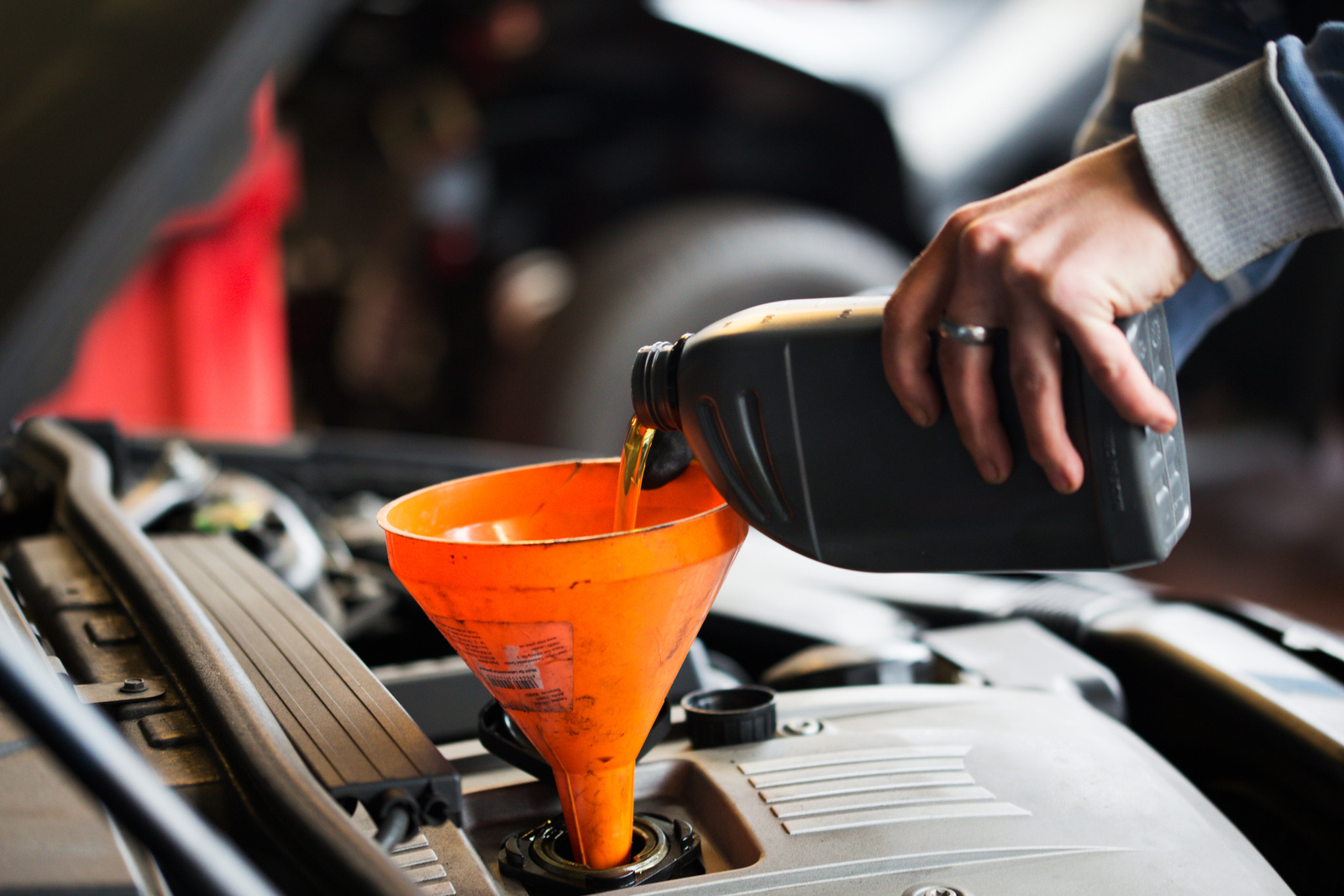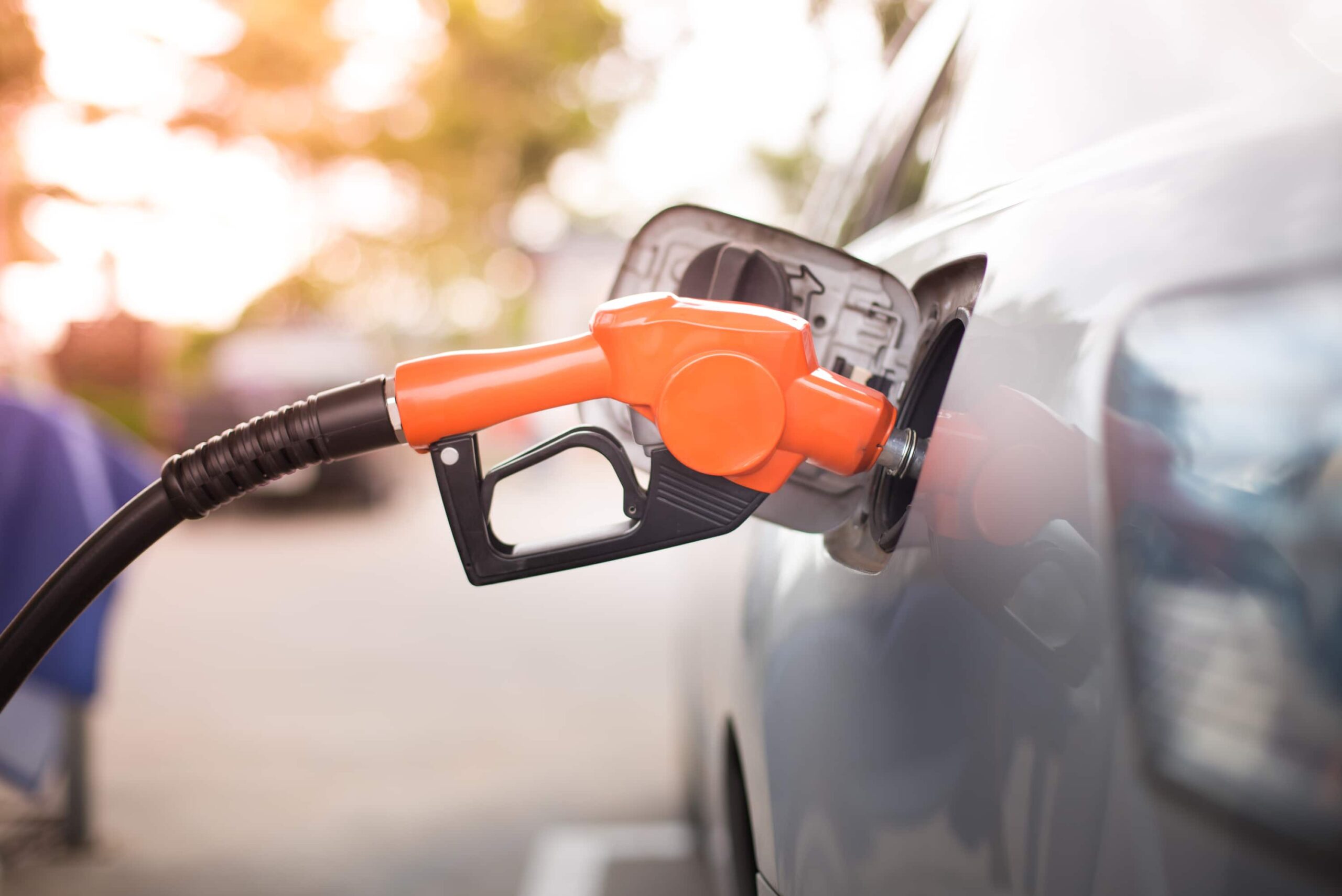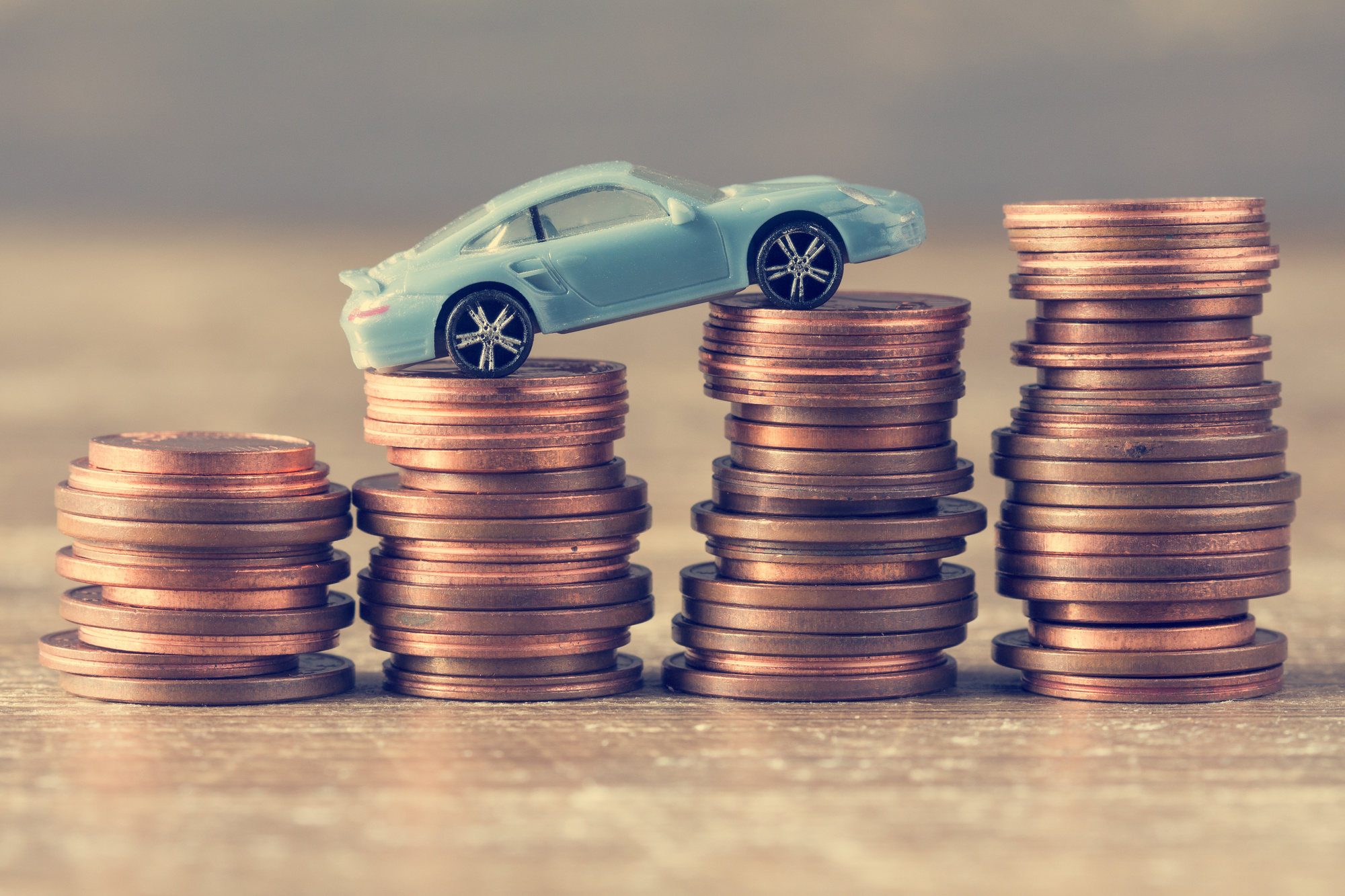Owning a car is most certainly going to be one of your biggest personal expenses, and while you can’t really change that, there are some things you can do to save considerable money on your automobile bills. As with any other aspect of personal finance, the more cost-cutting measures you implement today, the more money you’ll be able to save later.
The process of cutting down on car expenses starts the moment you buy your car and continues until you decide to sell it, so it’s not enough to just get a good deal on a car and call it a day. To learn how to be a thrifty driver, you need to change the way you perceive and interact with your car. And while you can negotiate a good deal on the car, you can’t negotiate the price of gas, consumables, and most maintenance work you will need to do on your car. This is why you need to learn how to drive and maintain your car in a way that keeps it in good condition for a long time.
Below are some tips to help you save money on car expenses, so continue reading if you are looking for ways to be a more budget-friendly driver.
1. Buy a car with great fuel efficiency

When you decide to buy a car, it may be tempting to only look at the cosmetic features or at the brand, but these are aspects that are going to end up costing you more. When researching which type of car to purchase, go for a model with good fuel efficiency so that you can save more in the long run.
Still, fuel efficiency is not based strictly on what it says in the car’s manual. If you purchase a small car and you always keep it loaded with stuff or you are trying to fit five people in it, the car may not be as fuel-efficient as you thought.
Some cars that are more fuel-efficient may be a tad bit more expensive as well, but you will get your investment back in the long run for sure.
2. Skip the extras your dealer is trying to push
Dealers need to sell; it’s their job, and you can’t blame them for trying to convince you to upgrade to leather car seats or any other extras you don’t actually need. What you can do is stand up straight and continue to deny any unnecessary features they try to present to you.
Some dealers will also try to sell extended warranties or service contracts that may seem impressive at first, but be sure you know exactly what you are signing up for. Most of these services have very limited coverage, and you may end up paying for something you won’t ever use. When it comes to extended warranties, it’s best that you purchase them directly from the provider.
3. Stay on top of your car maintenance process

The initial purchase may seem like the biggest expense when getting a car, but it’s all the maintenance work that is going to end up costing you more over time. That, if you don’t stay ahead of the game and learn how to tackle the problems before they end up becoming costly.
Getting regular tune-up for your car can help improve fuel efficiency by as much as 4%, plus it’s much cheaper to do it. No matter what is recommended in the owner’s manual, change your car’s oil and oil filter before it reaches maximum life to ensure your engine remains lubed and to prevent issues.
Another small thing you can do to improve fuel efficiency is to make sure your tires are properly inflated. Loss of tire pressure can end up costing you an extra 0.2% in fuel efficiency for every pound of tire under-inflation.
4. Keep your car protected from extreme temperatures
This is something not many drivers take into consideration, but extreme temperatures can really put a strain on your car’s performance and fuel efficiency. If you live in an area where temperatures get extreme in the winter or summer, consider parking your car somewhere it is protected from cold or heat.
When you wait for your car to warm up on a cold winter morning, you are already wasting a lot of fuel, so it is best that you keep it in a garage or in a covered parking spot to at least protect it from the falling snow or from ice, which can damage not only the car components but also the paint and body altogether.
The car’s body can also be damaged by too much sun, so the same applies to those living in very hot climates. If you need to leave your car parked for several days in a row, it is best that you look for a covered parking spot. There are plenty of apps where you can find daily, weekly, or even monthly parking in your area. Say you live in Chicago, for example. You can simply look online for monthly parking in Chicago, and you are sure to find some options to suit your needs.
5. Develop gas-saving driving habits

There are many driving tricks that you can use if you want to reduce fuel consumption, but not many people care enough to actually consider them. It’s true that when you waste your time in the car during rush hour, the last thing you want to think about is fuel efficiency, but you will end up thanking yourself in the future.
To reduce gas consumption, consider the following:
- Accelerate smoothly to avoid putting too much strain on your engine
- Be aware of the traffic ahead to anticipate your moves
- When driving on the highway, try to maintain a constant speed.
- Avoid sudden braking. Instead, lift your foot off the gas pedal and braking gently before reaching the traffic jam.
- It takes 20% more gas to drive at 70mph instead of 50mph, so you may want to think again before pushing on the gas pedal.







